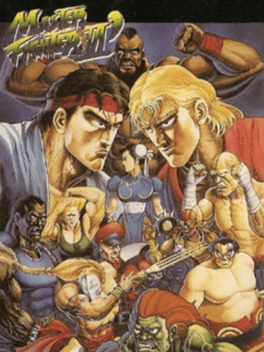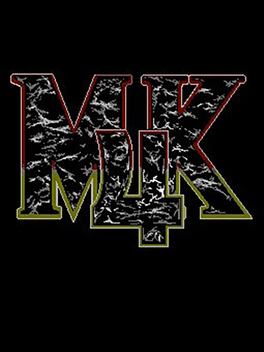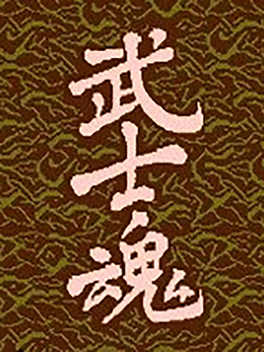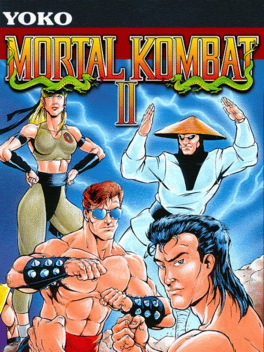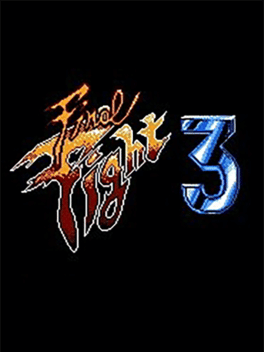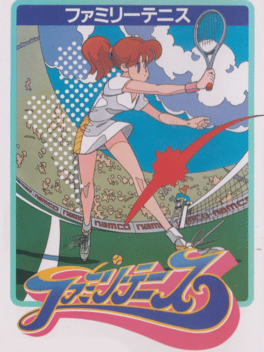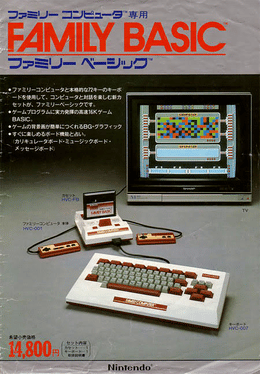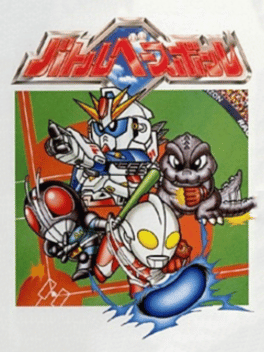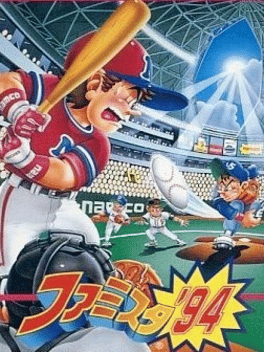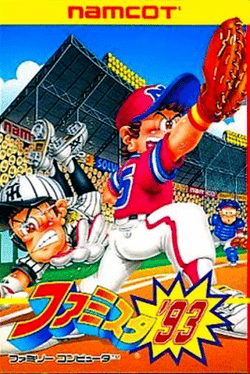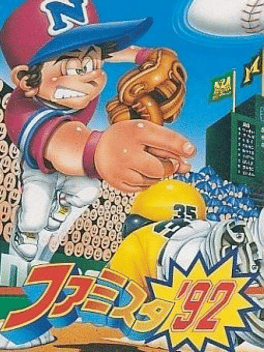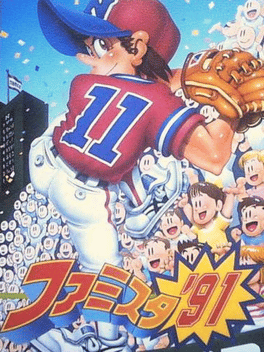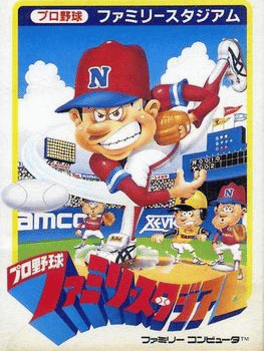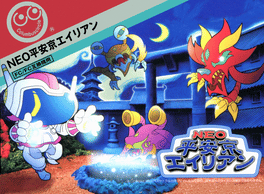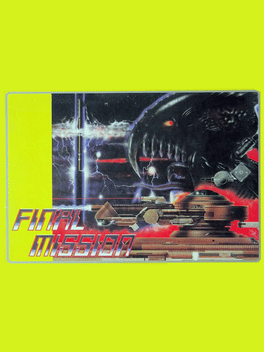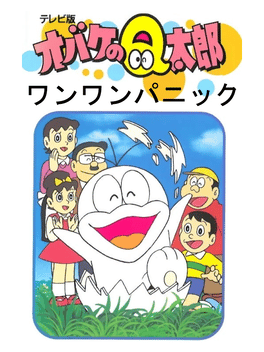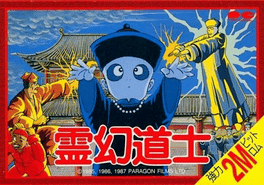Most Popular Family Computer Games - Page 20
-
Master Fighter VI'
1993
Master Fighter VI'
1993
Master Fighter VI is a port of the Street Fighter II: Champion Edition to the Famicom, made by Hummer Team & published by Yoko Soft in 1993. -
Ultimate Mortal Kombat 4
1996
Mortal Kombat 3, better known by its mapper hack, Mortal Kombat 4, is a pirated fighting game that was developed by Hummer Team and published by Ka Sheng, with MK4 later re-released by ABAB Soft on a multicart. The game is based on Mortal Kombat 3. -
Wu Shi Hun
1995
Wu Shi Hun
1995
Wu Shi Hun, called Samurai Spirits on the label and also released as Samurai Shodown III, is a Famicom fighting game based on SNK's Samurai Shodown and developed by Rex Soft. - Version 1 has only Nakoruru, Ukyo, Haohmaru, and Charlotte; - Samurai Shodown III version allows two players to pick same of these four characters; - Version 2 adds Jubei, Kyoshiro, Galford, and Wan-Fu. -
Mortal Kombat II
1994
Mortal Kombat II
1994
Mortal Kombat II is a pirated port of Mortal Kombat made by Cony Soft (known as Yoko Soft in this game) in 1994. This should not be mistaken for Mortal Kombat II (Hummer Team). -
Final Fight 3
1998
Final Fight 3
1998
Final Fight 3 is a pirated port of the SNES game of the same name, made by Hummer Team in 1998. This is Hummer Team's last game published under J.Y. Company. This is a direct port of the SNES game. All four playable characters from the original game are present, as are most of the enemies, bosses, and rounds. However, the weaker enemies appear throughout the whole game. -
Family Tennis
1987
Family Tennis
1987
Family Tennis is Namco's first tennis game, it features a roster of sixteen players (twelve male and four female) all based on real-life professional tennis players at the time, such as Ivan Lendl, Boris Becker, Mats Wilander, Martina Navratilova and Steffi Graf. The game includes six tournaments, including the Australian Open, Wimbledon and the U.S. Open, and offers play on grass, clay, and hardcourts, as well as a unique "cosmo" surface that takes place in outer space with astronaut ballboys. There are three modes of play to choose from: exhibition, tournament and world tour. Exhibition mode consists of a single exhibition match for one or two players, while Tournament mode allows up to eight players to face off in a singles tourney. Both of these modes also include a "Watch" option, in which all players are controlled by the computer. World Tour mode takes the player through an entire year on tour playing against computer-controlled opponents, using a password save system. Doubles matches aren't available in an -
Family Basic
1984
Family Basic
1984
The Family Basic is a Basic interpreter for the Famicom that was only released in Japan. It included the Famicom Keyboard and a tape drive called the Famicom Data Recorder. Many versions were released following the first version which was released in June 1984. Version 3 included games that were based on previous Nintendo titles. -
Battle Baseball
1993
Battle Baseball
1993
Battle Baseball is a Japan-only baseball video game developed by Vic Tokai and published by Banpresto for the Famicom on February 19, 1993. A part of the collaborative "Compati Sports Series" (コンパチスポーツシリーズ Konpachi Supōtsu Shirīzu) in the Compati Hero series, it crosses over characters from several popular Japanese franchises, including Godzilla, Ultraman, Kamen Rider and Gundam. -
Famista '94
1993
-
Famista '93
1992
-
Famista '92
1991
-
Famista '91
1990
-
Pro Yakyuu Family Stadium
1986
The first of the Pro Yakyuu Family baseball series. The game became the first console game of its kind to be licensed by the Major League Baseball Players Association (MLBPA) and used actual MLB player names, unlike other baseball video games of the late 1980s. -
Neo Heiankyo Alien
2017
-
Magic John
1990
-
Final Mission
1990
Final Mission
1990
The Japanese version of S.C.A.T.: Special Cybernetic Attack Team, Final Mission, was released a year before the American version and there are a few differences between the two. The game's opening story sequence is completely different, showing the obliteration of various cities before the alien invasion begins. Instead of a selectable male or female main character, both players control palette-swapped male soldiers, one of whom is Russian, which was inconceivable for the western market. The game's difficulty was made easier for the American version as well. Instead of six lives, the player begins with only three lives and any upgrade they possess is lost whenever their character is hit. The player's satellites also function differently. Instead of orbiting automatically, they're aligned by the player while moving the character left or right. Their firepower was also weaker. The map shown before each stage in the American version was not featured in the original Japanese version. -
Matendouji
1990
-
Ninja Cop Saizou
1989
-
Reigen Doushi
1988
Reigen Doushi
1988
Reigen Doushi is a beat 'em up video game released for the Nintendo Entertainment System in 1988 in Japan. It is based on the 1985 film, Mr. Vampire (Reigen Doushi being the Japanese title of the film).
